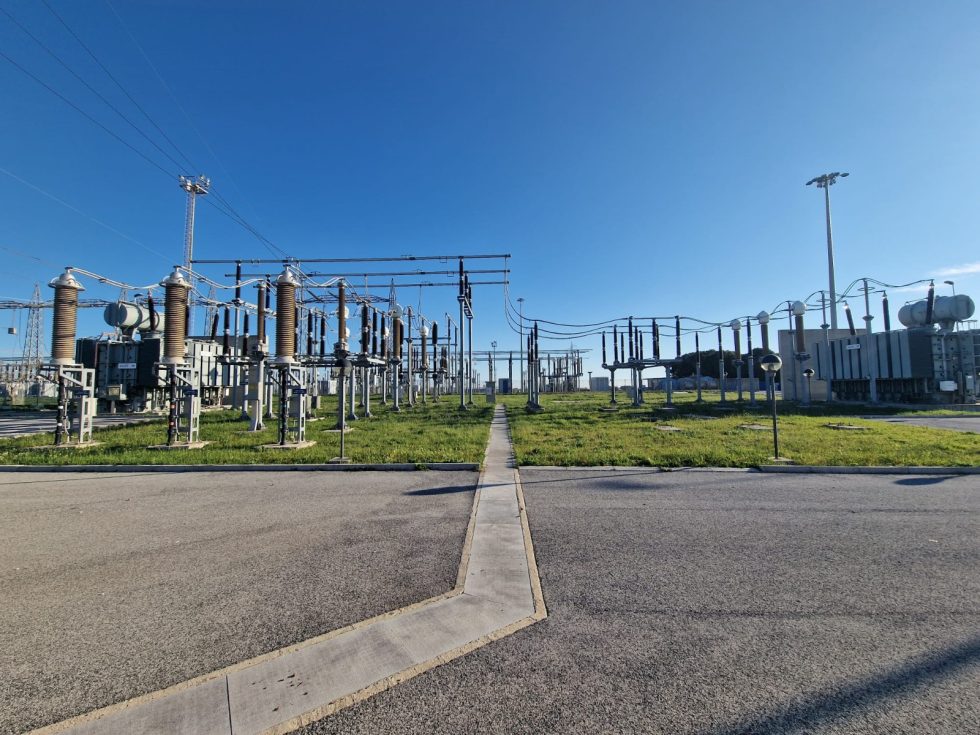As of this week, Meta has stopped accepting political, electoral and social issue advertising on Facebook and Instagram across the European Union, including Malta.
This means that political parties and activist organisations that could previously mark their advertising as political ads can no longer do so, raising questions about the future of political campaigning in Malta and the rest of the EU.
The move comes ahead of the EU’s new Regulation on the Transparency and Targeting of Political Advertising (TTPA).
The new EU rules
The TTPA introduces strict requirements for how online platforms can handle political and issue-based advertising. Among other provisions, it requires advertisers to obtain explicit consent from users before using personal data for targeting, and bans foreign entities from providing political advertising services within three months of an election.
Platforms must also clearly label political ads, disclose who paid for them, how much was spent, and which audiences were targeted. Non-compliance could result in fines of up to 6 per cent of global annual turnover.
The regulation aims to increase transparency and prevent disinformation and foreign interference in EU elections. It applies to all 27 EU member states and associated territories.
Meta’s response
Meta described the requirements as “unworkable” at its scale and said it would suspend all ads related to politics, elections and social issues in the EU. The company said the decision was “a difficult one,” but necessary due to “significant operational challenges and legal uncertainties” posed by the new rules.
In a statement, Meta said:
“We believe that personalised ads are critical to a wide range of advertisers, including those engaged on campaigns to inform voters about important social issues that shape public discourse. Regulations, like the TTPA, significantly undermine our ability to offer these services.”
The ban affects ads from political parties, candidates, campaign groups, and advocacy organisations on issues such as health, the environment, civil rights, immigration, and the economy. While paid promotion will no longer be possible, users and organisations can still post and debate political topics organically on Meta’s platforms.
Industry-wide impact
Meta’s decision follows similar moves by Google, TikTok and LinkedIn, all of which have limited or suspended political and issue-based advertising in response to the upcoming EU regulation. Political parties are expected to redirect budgets toward traditional media, while civil society groups and charities may find it harder to reach audiences online.
Digital rights organisations, including Liberties and several EU-based NGOs, have urged Meta and Google to reconsider their blanket bans. They argue that the platforms should instead seek compliant ways to allow regulated advocacy and fundraising campaigns to continue, warning that the absence of online advertising could disadvantage smaller groups and limit civic discourse.
A broader regulatory context
Meta’s decision also comes amid ongoing scrutiny under the EU’s Digital Services Act (DSA), which requires large online platforms to combat disinformation and harmful content. The European Commission is currently investigating Facebook and Instagram’s handling of deceptive and misleading political content during recent European elections.
The TTPA and DSA form part of a broader EU effort to make online platforms more transparent and accountable. However, the rapid implementation of these rules has prompted debate about how to balance transparency with open civic communication.
Looking ahead
While Meta maintains that the ban is temporary and subject to review, the immediate effect is a significant shift in how political and social communication occurs online in Europe. The TTPA’s enforcement will test whether the EU’s approach can enhance transparency without curbing legitimate public debate.
Interconnector energy imports rise 50% in 2024
Malta’s power plants generated 8.7% less electricity last year as interconnector imports and renewable sources increased
Malta’s housing prices jump 13% over last five years, more than triple EU average
House prices in the EU rose by an average of 5.4 per cent year-on-year, marking the seventh consecutive annual increase
MEPs urge stronger EU investment
Parliament pushes for measures to boost financing, competitiveness, and economic resilience across the bloc






